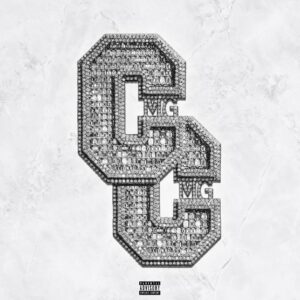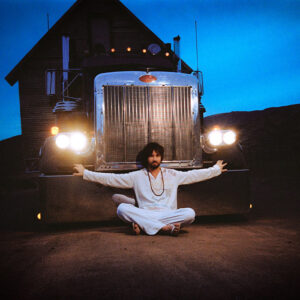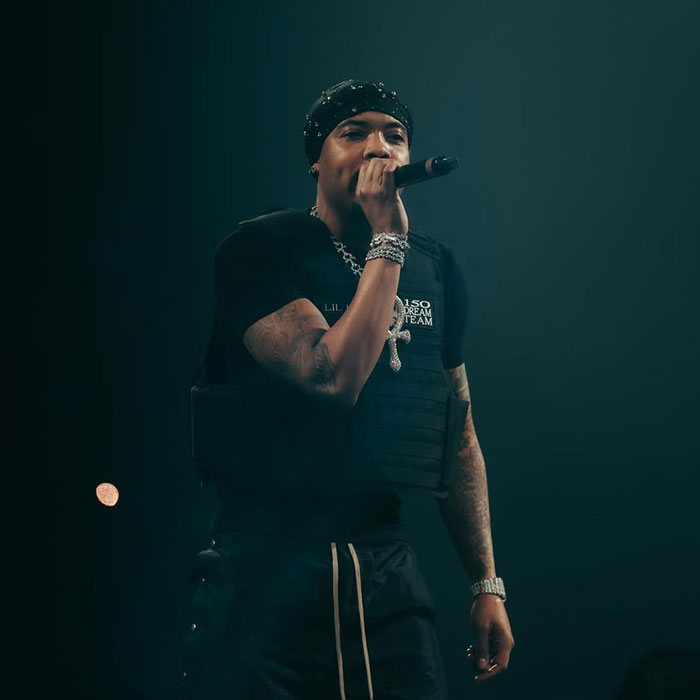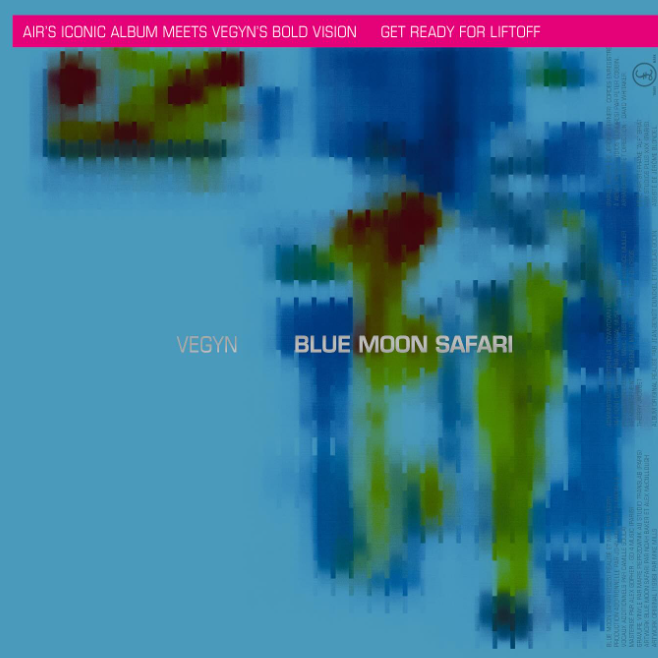We’re staring down the 10th anniversary of arguably the most impactful and seminal J Cole album, 2014 Forest Hills Drive. It’s not just us or the audience that shares that sentiment, too—the Fayetteville multi-hyphenate is genuinely rolling out the red carpet for the occasion, currently amid a limited audio series discussing the projects that led up to it, releasing some of his archival mixtapes to streaming, and set to drop bonus versions of the record itself on its formal anniversary. Trust and believe we’ll check back to cover that addendum, but there’s no better time to revisit 2014 Forest Hills Drive.
2014 Forest Hills Drive Makes J Cole A Bonafide Superstar
In returning to the project, the main thing to note is how well it has aged (save for the Will & Jada Smith reference, but we digress). Part of that is how nostalgic the project was upon release; look to the fluttering strings at the start of “‘03 Adolescence” or the arpeggiating chords that kick off the project with “Intro.” Certainly, 2014 Forest Hills Drive wouldn’t be mistaken for an entirely modern record simply because it predates many of the dominant hip-hop subgenres. Still, a tasteful application of trap sensibilities in some of the more hard-hitting cuts means it slides into today’s world just as well as it did upon release.
Of course, with what the most significant headlines have been in rap this year, 2014 Forest Hills Drive exists in the context of the J. Cole – Kendrick Lamar – Drake “big 3” conversation, and if any singular project vaulted the North Carolina titan into that conversation, it was this one. Though Born Sinner went toe-to-toe with Yeezus, cementing Cole as a bonafide mainstream face, its subsequent album’s critical and commercial success signaled serious staying power. Additionally, the record would become the highest-selling LP of its release year, joining an exclusive list alongside Kanye West, Eminem, Nicki Minaj, and Cole’s aforementioned peers in the decade’s year-end best-sellers list.
A Full Circle Crowning Moment
Many of the record’s biggest tracks still remain a part of the “Rap Caviar” ecosystem even a decade after they first hit the airwaves—letting autoplay takeover after genuinely any rap song bears as decent a chance of trawling up “Wet Dreamz” or “No Role Modelz” as it does most recent hits.
While a humorous run-off effect of the album on its face, it’s worth mentioning that this was the record where the inescapable “platinum with no features” moniker was born. The phrase went from a rallying cry for the J Cole fanbase to a taunt thrown back at them in just a couple of years, but it was a genuine achievement to begin with.
That’s particularly true if you consider how transparent Cole has been throughout his career about the hit-seeking aspect of being a signed artist. Look at a song like Born Sinner’s “Let Nas Down” for a ground-level breakdown of why an uber-commercial track like “Work Out” came to be. Even that sophomore LP contained plenty of material that chased after chart success in pretty unabashed fashion, from ones that achieved it (the Miguel-assisted “Power Trip”) to ones that fell a bit short (the 50 Cent-assisted “New York Times”).
With that in mind, 2014 Forest Hills Drive birthed a new J Cole, able to hit those marketplace highs without polished-to-a-point production or splashy guest appearances. A few of the singles the record spawned may have relied on airier, lighthearted instrumentation, but hard-hitting, bonafide hip-hop cozied up to them in terms of performance: “Fire Squad,” “A Tale Of Two Citiez” and “G.O.M.D.” join the titanic “Wet Dreamz” and “No Role Modelz” in platinum certification.

How Bare-It-All Emotion Propels 2014
Finally, though Cole never copped a fully hardened persona in his rise to the top, there’s an undeniable sense in revisiting this record that the vulnerability and transparency he showcases in its tracklist plays no small part in making these a modern classic. “St. Tropez” and the closing salvo of “Hello,” “Apparently,” and “Love Yourz” dispense hard-earned wisdom, retrospectives on his rise to fame, genuine confessions of unsettled emotions and feelings of insecurity, all without compromising well-crafted songwriting.
With how unstoppable his momentum seems in the modern day, it’s hard to imagine a world in which the Fayetteville spitter needed to prove himself, but 2014 Forest Hills Drive goes a long way in demonstrating how J Cole earned his way into the genre’s upper echelon. Dip back into the record now wherever you get your music, especially in anticipation of the bonus tracks coming later this month.
Elsewhere in our coverage, the Drake lawsuits add a new layer to the rapper’s feud with Kendrick Lamar.
















